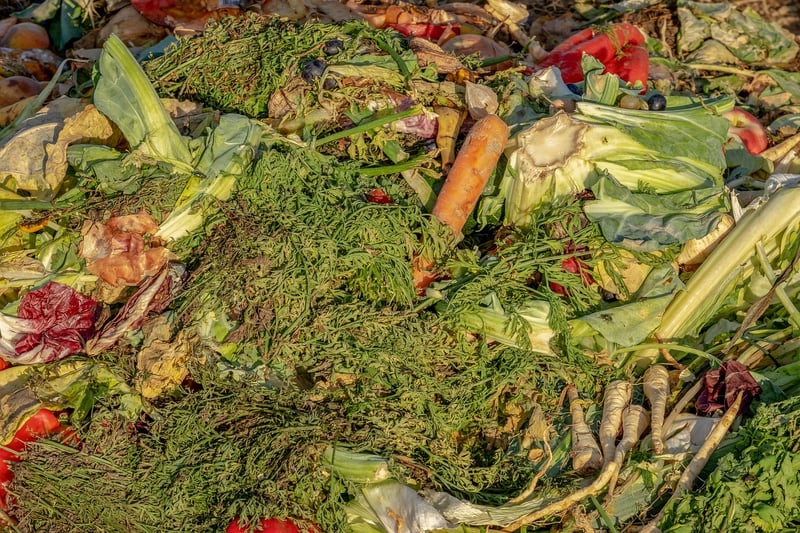Eco-friendly fertilizers
The Art of Sustainable Gardening: Eco-Friendly Fertilizers
Welcome to the world of sustainable gardening, where you can create a beautiful, thriving garden while minimizing your impact on the environment. One key aspect of sustainable gardening is using eco-friendly fertilizers that nourish your plants without harming the planet. In this article, we will explore the importance of sustainable gardening and introduce you to some eco-friendly fertilizer options to help your garden flourish.
Why Choose Sustainable Gardening?
Sustainable gardening focuses on reducing waste, conserving resources, and promoting biodiversity. By implementing sustainable practices in your garden, you can help protect the environment, support local ecosystems, and create a healthy, vibrant outdoor space for you and your family to enjoy.
Eco-Friendly Fertilizers for Your Garden
When it comes to fertilizing your plants, there are many eco-friendly options available that provide essential nutrients without harmful chemicals. Here are some eco-friendly fertilizers to consider for your garden:
- Compost: Compost is a natural fertilizer made from organic waste, such as kitchen scraps, yard trimmings, and leaves. It enriches the soil, improves soil structure, and promotes beneficial microbial activity.
- Manure: Animal manure, such as cow or chicken manure, is a rich source of nutrients for plants. Make sure to use well-aged manure to avoid burning your plants.
- Organic Liquid Fertilizers: Liquid fertilizers made from organic materials, such as seaweed, fish emulsion, or compost tea, provide a quick nutrient boost to your plants.
- Cover Crops: Planting cover crops like clover or legumes can help improve soil fertility, suppress weeds, and prevent erosion.
Benefits of Eco-Friendly Fertilizers
Using eco-friendly fertilizers in your garden offers numerous benefits, including:
- Minimizing chemical runoff into water sources
- Enhancing soil health and fertility in the long term
- Supporting beneficial soil organisms
- Reducing greenhouse gas emissions associated with synthetic fertilizers
- Promoting sustainable gardening practices
Conclusion
Embracing sustainable gardening practices and using eco-friendly fertilizers can make a significant difference in the health of your garden and the planet. By nourishing your plants with natural, sustainable fertilizers, you can create a thriving garden ecosystem that benefits both you and the environment.
Start your sustainable gardening journey today and watch your garden bloom with vitality and beauty!


